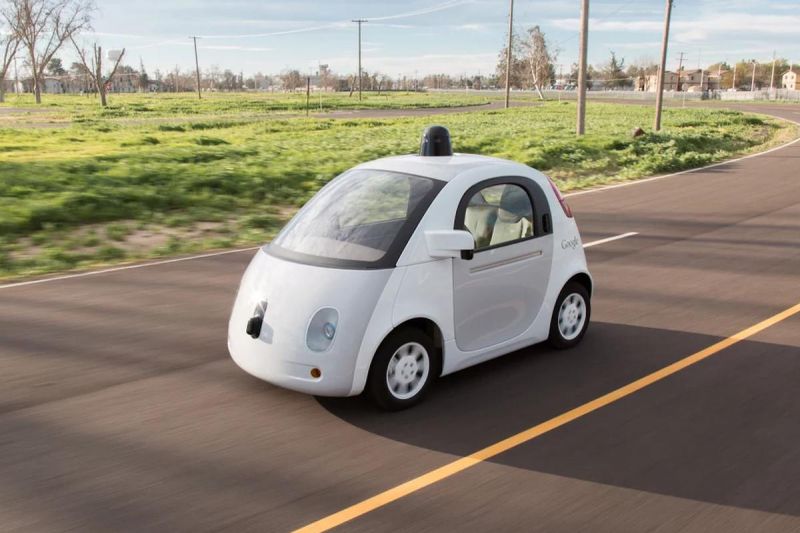Once billed as the future of motoring, self-driving cars are faced with rapidly declining trust from North American consumers.
Consumer advocacy group JD Power found “consumer automated vehicle (AV) readiness” in the USA is sitting at 37 of a possible 100 points, down from 39 in 2022, and 42 in 2021.
Senior manager of auto benchmarking and mobility development at JD Power, Lisa Boor, said “consumer trust is fragile, but it is the foundation upon which long-term AV acceptance is built”.
Differentiating between different types of automation is one of the challenges facing consumers; JD Power says 22 per cent of survey respondents indicated Tesla or Autopilot meant full autonomy, when in fact Tesla Autopilot is a Level 2 autonomous driving assist.
As for how to improve consumer trust in autonomous cars?
According to an MIT researcher quoted by JD Power, anyone who has experienced a proper self-driving car (not driver assist systems such as Tesla Autopilot) is far more likely to trust the technology.
“Experience with automation appears to greatly improve confidence in the technology,” said Bryan Reimer, research scientist in the AgeLab at the MIT Center for Transportation and Logistics and a founder of MIT’s Advanced Vehicle Technology (AVT) Consortium.
“As trust is built over time but eroded quickly, stakeholders may need to find new ways to proactively educate potential users on the advantages and current limitations of vehicle automation systems.”
The road has been rough for autonomous vehicles lately.
Cruise, the self-driving robotaxi company owned by General Motors and Honda, was dealt a major setback late last month with the California Department of Motor Vehicles (DMV) suspending its operations in San Francisco, effective immediately.
The suspension of the company’s driverless vehicle permits was due to the company’s inability to ensure public safety after a string of high-profile incidents involving its autonomous taxis.
Cruise subsequently announced it would suspend its operations nationwide, issuing a statement saying “the most important thing for us right now is to take steps to rebuild public trust”.
The last 12 months has also seen a dog killed by a Waymo-operated Jaguar I-Pace, Ford and Volkswagen-backed startup Argo AI shuttered, and a number of high-profile lawsuits and investigations surrounding Tesla’s semi-autonomous Autopilot tech.
Although a number of carmakers in the mid-2010s promised consumer-ready autonomous technology by the early 2020s, Mercedes-Benz CO Ola Kallenius has more recently suggested it’ll be late in the 2030s before cars with no driver controls are widespread.
Speaking with Nilay Patel on the Decoder podcast, Mr Kallenius said “there is a lot of computing power, a lot of sensing, a lot of backend, and so on” required to make autonomy happen.
“It is not something you can put in a $10,000 car, but you can put it in an $80,000 to $100,000 car in the beginning. I think we will surely be deep into the [20]30s before the whole world goes to that. I do think a lot of things will happen in this decade on the way there,” he said.

